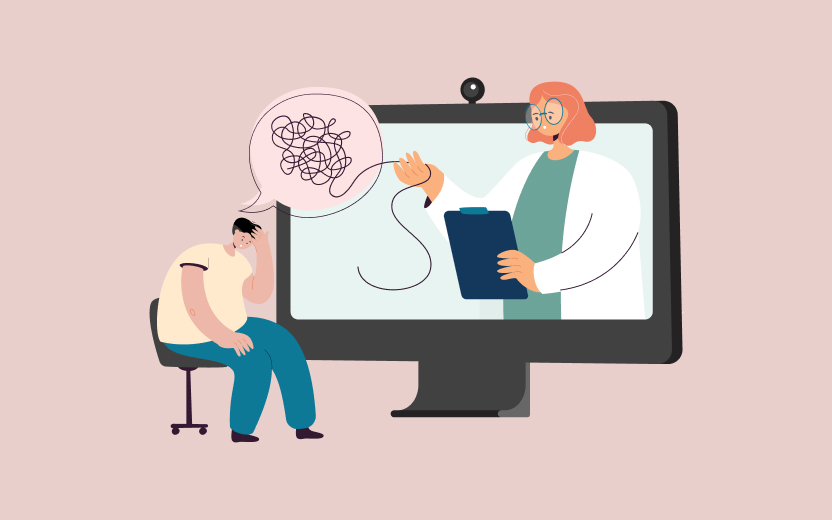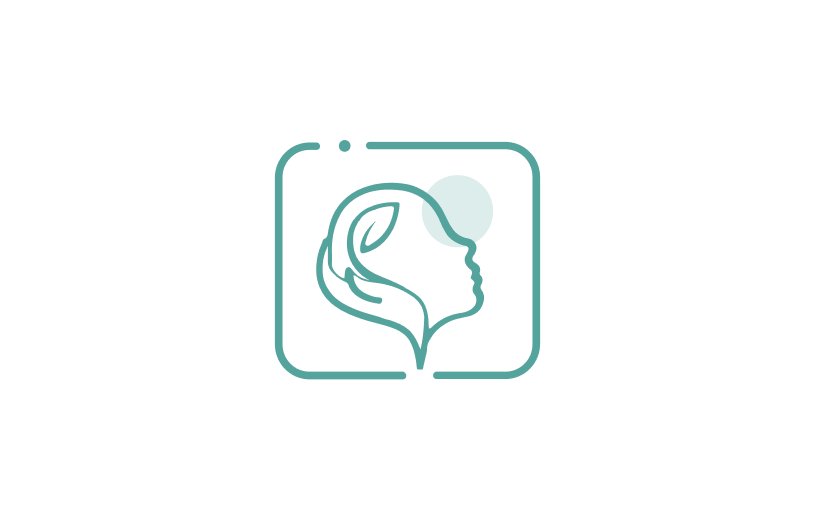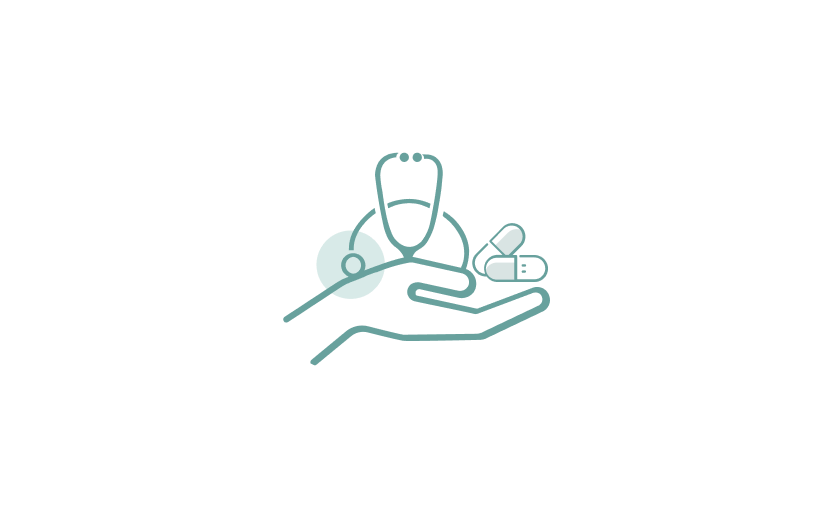Eating Disorders
Struggling with your relationship with food? MediPsych can help you uncover the underlying causes of eating disorders and guide you towards a healthier relationship with nutrition and yourself.
What are Eating Disorders?
Imagine being caught in a relentless war with food and body image, where every meal becomes a battleground. That’s what it’s like for someone with an eating disorder. These conditions profoundly affect eating habits, self-esteem, and physical health, leading to a complex and often distressing experience.
Eating disorders encompass a range of mental health conditions, such as anorexia nervosa, bulimia nervosa, and binge-eating disorder. They can manifest in both males and females, often starting in adolescence but affecting individuals of all ages.
Without proper intervention and support, eating disorders can escalate, leading to severe health consequences and emotional turmoil.
leading Symptoms
Types of Eating Disorders

Anorexia Nervosa
Picture someone who restricts food intake to an extreme degree, leading to significant weight loss, a distorted body image, and an intense fear of gaining weight. They often see themselves as overweight, even when they are dangerously underweight.

Bulimia Nervosa
Think of someone who frequently engages in episodes of overeating, followed by compensatory behaviors such as vomiting or excessive exercise. These cycles are often driven by a fear of gaining weight and lead to a sense of loss of control.

Binge-Eating Disorder
This is characterized by recurring episodes of overeating without compensatory behaviors. Individuals with this disorder often eat large quantities of food in a short period, leading to distress and guilt.
Do you think you might have an Eating Disorder?
Take the self-assessment
I have
- have
- have not
noticed a significant change in my eating patterns, such as severe restriction, binge eating or purging behaviors. I
often
- often
- rarely
- sometimes
experience intense fear of gaining weight and/or distorted body image.
- have
- have not
- often
- rarely
- sometimes
What symptoms to look out for
-
Adolescents Significant weight loss or fluctuations, obsession with food, calories, or body shape, distorted body image, avoidance of social events involving food, excessive exercise, and changes in mood or social withdrawal. They may also exhibit secretive behavior around meals, engage in self-induced vomiting, misuse laxatives or diuretics, or engage in binge-eating episodes followed by guilt or shame.
-
For adults Significant weight loss or fluctuations, preoccupation with food or body shape, avoiding certain foods or food groups, extreme calorie counting, excessive exercise, distorted body image, and changes in mood or social withdrawal. Adults with eating disorders may also experience medical complications such as electrolyte imbalances, gastrointestinal issues, or cardiovascular problems.
It's important to note that these symptoms may vary depending on the specific eating disorder.

Significant weight loss or fluctuations, preoccupation with food or body shape, avoiding certain foods or food groups, extreme calorie counting, excessive exercise, distorted body image, and changes in mood or social withdrawal. Adults with eating disorders may also experience medical complications such as electrolyte imbalances, gastrointestinal issues, or cardiovascular problems.
It’s important to note that these symptoms may vary depending on the specific eating disorder.

Schedule an appointment to be assessed for an Eating Disorder
Unmasking Eating Disorders: Diagnosis
Diagnosing an eating disorder requires a comprehensive evaluation by a mental health or medical professional. It involves assessing eating habits, physical health, and emotional well-being to determine the presence and severity of the disorder.
Treatment
Regaining health
Most individuals with eating disorders benefit from:

Individual Therapy
Cognitive-behavioral therapy (CBT) is often effective in helping individuals challenge harmful thought patterns and behaviors related to food and body image. Behavioral therapy can also help provide accountability and sustainable behavior change to develop a regular eating pattern.

Family Therapy
For adolescents, involving family members in treatment can be crucial. Building a supportive environment is essential for recovery. Friends and family play a vital role in providing emotional support and encouragement.

Medical Care
Treatment with WellPsyche aims to be a part of a multidisciplinary treatment plan, including involvement with a nutritionist and primary care provider. During an initial psychiatric evaluation, the provider at WellPsyche will determine your fit for online mental health treatment.
